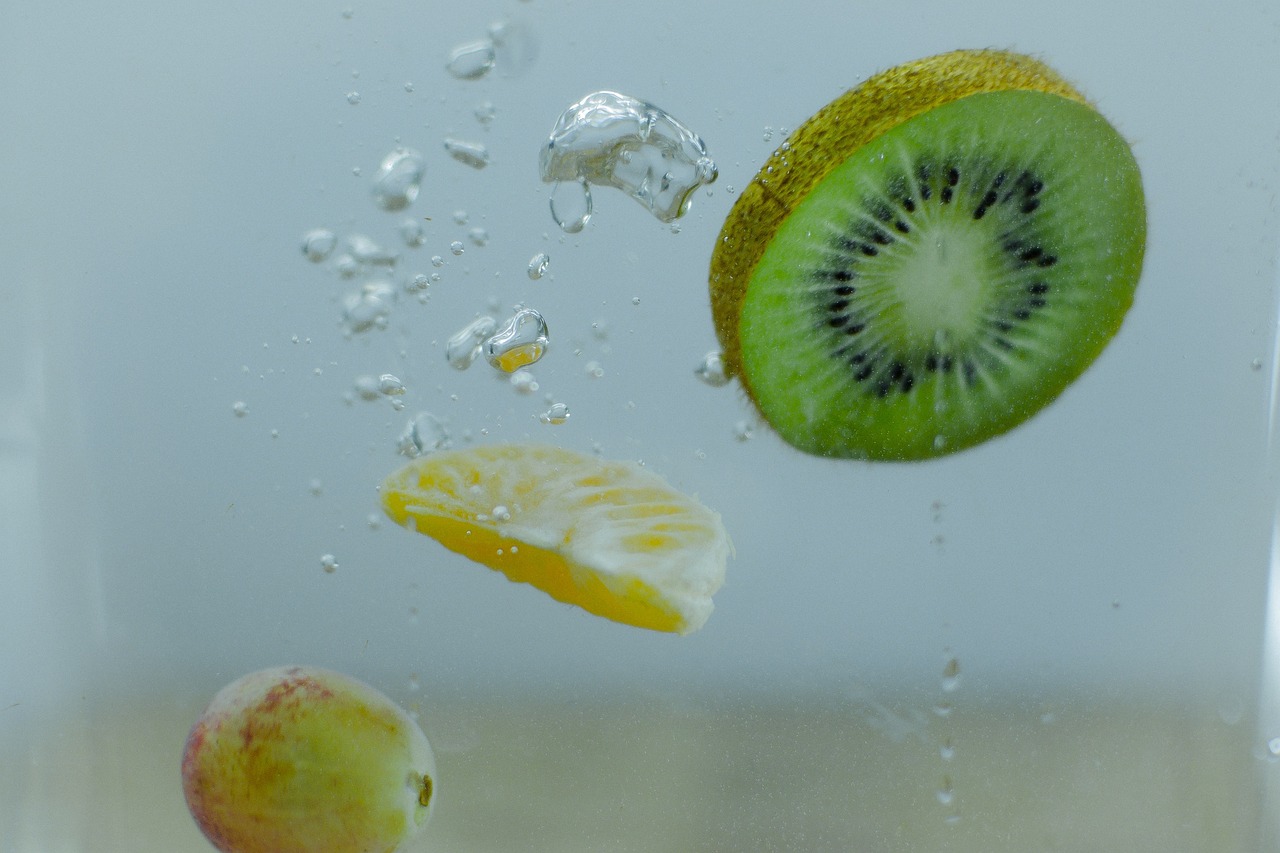The Impact of Organic Farming on Olive Oil Quality: 99 exch sign up, Lotus 365.io, Play exch.in
99 exch sign up, lotus 365.io, play exch.in: Organic farming has gained popularity in recent years as more and more people become conscious of the impact of agricultural practices on the environment and human health. Olive oil, a staple in Mediterranean cuisine, is one product that can benefit from organic farming practices. In this article, we will explore the impact of organic farming on olive oil quality.
Introduction to Organic Farming and Olive Oil Production
Organic farming is a method of agriculture that relies on natural processes and cycles to sustain and enhance the health of ecosystems. This means avoiding the use of synthetic pesticides, herbicides, and fertilizers, and instead focusing on crop rotation, composting, and other sustainable practices. When it comes to olive oil production, organic farming can have a significant impact on the quality of the final product.
1. Soil Health
One of the key benefits of organic farming is the improvement of soil health. By avoiding synthetic chemicals and focusing on natural inputs like compost and manure, organic farmers can enhance the fertility and biodiversity of their soil. Healthy soil is essential for growing healthy olive trees, which in turn produce high-quality olives for oil production.
2. Pesticide Residue
Conventional farming practices often involve the use of synthetic pesticides to control pests and diseases. These chemicals can leave residues on the olives, which can end up in the final olive oil product. Organic farming eliminates the use of these harmful chemicals, resulting in olive oil that is free from pesticide residues.
3. Nutrient Content
Organic farming practices can also impact the nutrient content of olive oil. Studies have shown that organic crops tend to have higher levels of antioxidants, vitamins, and minerals compared to conventionally grown crops. This means that organic olive oil may have greater nutritional value than non-organic olive oil.
4. Taste and Aroma
Many people believe that organic olive oil has a superior taste and aroma compared to conventional olive oil. The natural farming practices used in organic agriculture are thought to contribute to a richer and more complex flavor profile in the final product. Additionally, the absence of chemical residues can enhance the purity and freshness of the oil.
5. Environmental Impact
In addition to the impact on olive oil quality, organic farming has numerous environmental benefits. By promoting biodiversity, reducing soil erosion, and conserving water, organic farming helps to protect ecosystems and support sustainable agriculture. Choosing organic olive oil is not only good for your health but also for the planet.
6. Certification
To ensure that olive oil meets organic standards, it must be certified by a reputable organization. Look for labels like USDA Organic or European Union Organic Certification to guarantee that the olive oil has been produced according to strict organic standards. Organic certification gives consumers confidence that they are purchasing a genuine organic product.
FAQs
Q: Is organic olive oil more expensive than non-organic olive oil?
A: Yes, organic olive oil is typically more expensive than conventional olive oil due to the higher cost of organic farming practices and certification.
Q: Can I trust that a product labeled as organic is truly organic?
A: Organic certification ensures that products meet strict organic standards. Look for certified labels to guarantee the authenticity of organic olive oil.
Q: Are there any health benefits to consuming organic olive oil?
A: Organic olive oil may have higher levels of antioxidants and nutrients compared to non-organic olive oil, which can provide additional health benefits.
In conclusion, organic farming can have a positive impact on the quality of olive oil. From improved soil health to enhanced taste and aroma, organic olive oil offers numerous benefits for consumers. By choosing organic olive oil, you can support sustainable agriculture practices and enjoy a healthier and more flavorful product.







